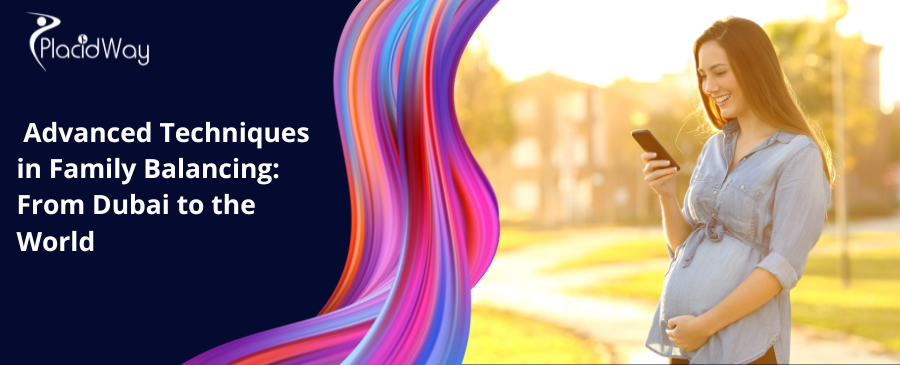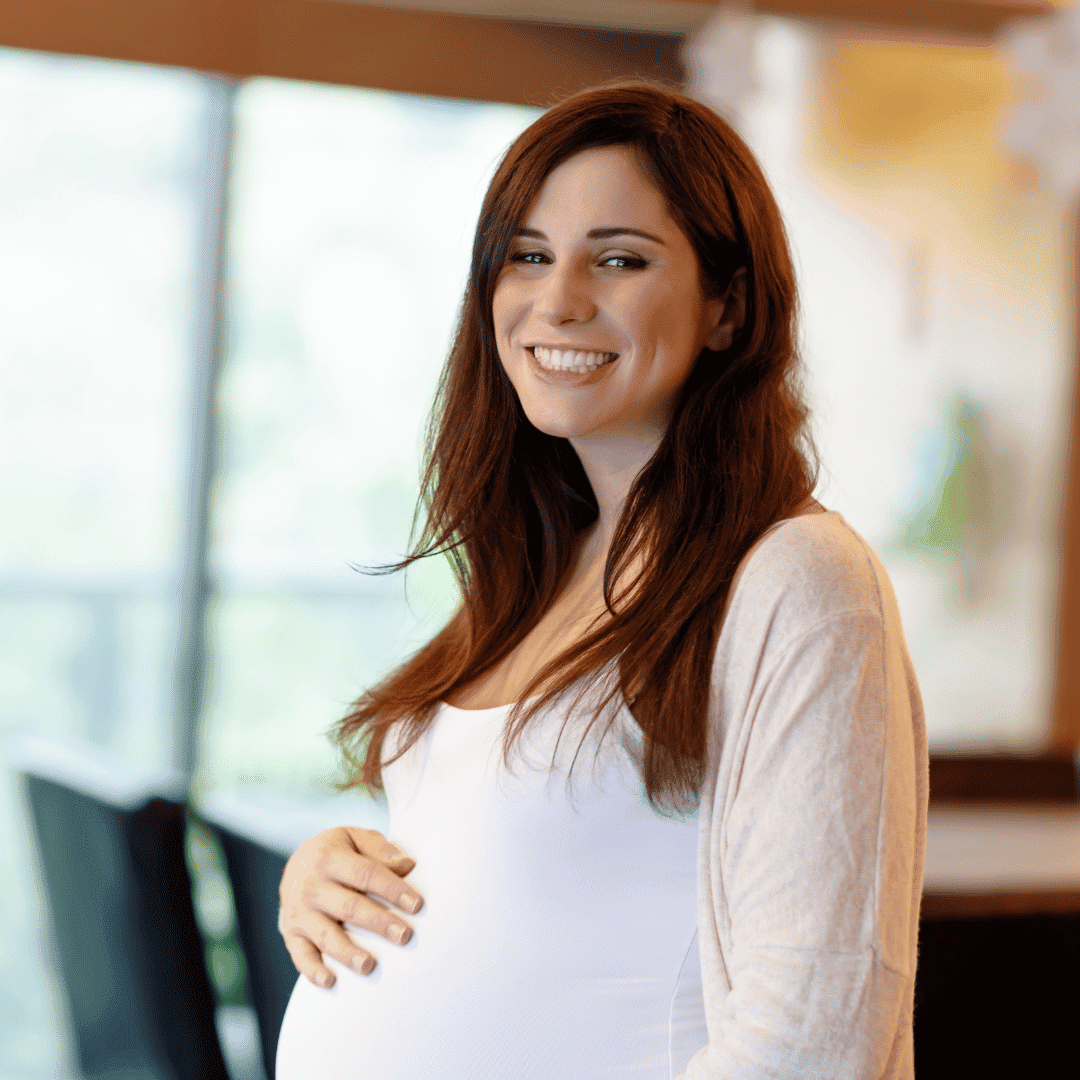Family Balancing Techniques: Global Insights from Dubai

Family balancing, the concept of choosing the sex of your next child to achieve a desired gender composition in your family, has gained increasing attention and popularity across the globe. With advancements in medical technologies and a more open societal acceptance, families are exploring options that were unimaginable just a few decades ago. This post delves into the intricacies of family balancing, with a spotlight on the pioneering efforts in Dubai, and how these techniques are being embraced worldwide.
Understanding Family Balancing
Family balancing is a subset of fertility treatments that allows families to increase the probability of having a child of a specific gender. It’s important to note that family balancing is usually considered only after a family has at least one child and wishes to balance the gender ratio in subsequent pregnancies.
The Ethical Dimension
Before diving into the technicalities, it's crucial to address the ethical considerations. The debate around family balancing revolves around concerns of gender discrimination and the potential for a skewed gender ratio. However, proponents argue that when used responsibly, family balancing allows for personal choice without contributing significantly to demographic shifts. Regulations in many countries, including the UAE, ensure that these technologies are used ethically and in a controlled manner.
The Role of Dubai
Dubai, a city known for its skyscrapers and luxury shopping, is also at the forefront of medical innovations, particularly in the field of assisted reproductive technologies (ART). The city's commitment to healthcare excellence has made it a hub for those seeking family balancing options.
Technological Innovations in Dubai
Clinics in Dubai utilize the latest in ART, including Preimplantation Genetic Testing (PGT), to offer family balancing services. PGT involves screening embryos for genetic diseases and also determining the sex of the embryos before implantation during an IVF cycle. This approach not only increases the chances of a successful pregnancy but also allows families to balance the gender composition.
Regulatory Framework
The UAE has established a regulatory framework that permits the use of sex selection technologies for family balancing, ensuring that these practices are ethical and medically justified. This framework has set a precedent for other nations looking to adopt similar technologies while maintaining ethical standards.
How Does Family Balancing Work?
The most common and effective technique used in family balancing is IVF with Preimplantation Genetic Testing for Aneuploidies (PGT-A). Here’s a simplified breakdown of the process:
- Ovarian Stimulation: The woman undergoes hormonal treatment to stimulate the ovaries to produce multiple eggs.
- Egg Retrieval: Eggs are collected from the ovaries using a minor surgical procedure.
- In Vitro Fertilization: The retrieved eggs are fertilized with sperm in a laboratory.
- Embryo Development: Fertilized eggs (embryos) are monitored as they begin to divide and develop.
- PGT-A: A few cells are taken from each embryo and tested for genetic conditions and sex chromosomes.
- Embryo Selection and Transfer: One or two embryos of the desired sex, and with the best chance of a healthy pregnancy, are implanted into the uterus.
This process not only facilitates family balancing but also screens out embryos with chromosomal abnormalities, increasing the likelihood of a healthy offspring.
Global Perspectives and Adoption
While Dubai may be a pioneer, the practice of family balancing is becoming more common worldwide. Countries like the USA, Canada, Australia, and parts of Europe have clinics offering these services, each with their own regulatory guidelines.
Cultural and Societal Impacts
The adoption of family balancing techniques has varied cultural and societal impacts. In some societies, it raises ethical and moral questions, while in others, it's seen as a step forward in reproductive rights and personal choice. The global discussion continues as technologies advance and become more accessible.
Accessibility and Challenges
One of the main challenges facing family balancing is the cost and accessibility of treatment. IVF and PGT-A can be expensive, limiting access to those with adequate financial resources. There's also the emotional and physical toll on individuals undergoing treatment, with no guarantee of success on the first attempt.
The Future of Family Balancing
As research progresses and success rates improve, family balancing techniques are likely to become more efficient, affordable, and widely accepted. Ongoing ethical discussions and regulations will continue to shape how these technologies are used, balancing individual choice with societal values.
Some of the best clinics are:
Ethical Considerations and Developments
Future ethical considerations might focus on ensuring equitable access to family balancing technologies and preventing any form of gender bias or discrimination. Moreover, continuous improvements in genetic testing could expand the scope of these treatments, offering more comprehensive health screenings for embryos.
Get Family Balancing Treatment in Dubai UAE
From Dubai's pioneering clinics to global adoption, family balancing represents a significant intersection of technology, ethics, and personal choice in the realm of reproductive health. As societies evolve and technologies advance, the dialogue around family balancing will continue to grow, reflecting broader themes of innovation, accessibility, and ethical responsibility.
In embracing these advancements, it's crucial to maintain a balance between the promise of new technologies and the values that define us as a community, ensuring that family balancing contributes positively to the fabric of society. Whether in Dubai or elsewhere in the world, the journey of family balancing is a testament to human ingenuity and the enduring quest for personal fulfillment within the framework of family life.














